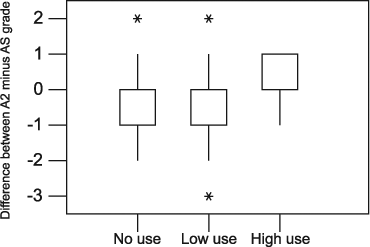 A Higher Education e-learning initiative that is working, without UKeUniversities level funding. IVIMEDS has 34 international medical schools sharing content and production to produce a sophisticated set of e-learning learning resources. By all contributing a modest amount of money at the start, the schools get a big payback for relatively small investment. Professor Ron Harding, an expert in Medical Education, and Alan Langlands (ex-CEO of the NHS, now running University of Dundee) are behind the project. Five UK medical schools are busy producing content in five medical areas. This 'distributed production' model seems to be working. Recent evidence from Australia has shown that students using these resources score significantly higher than those who do not. Already international on scale, with academic credibility and a good production model, based on sharing, this could grow into something much bigger.
A Higher Education e-learning initiative that is working, without UKeUniversities level funding. IVIMEDS has 34 international medical schools sharing content and production to produce a sophisticated set of e-learning learning resources. By all contributing a modest amount of money at the start, the schools get a big payback for relatively small investment. Professor Ron Harding, an expert in Medical Education, and Alan Langlands (ex-CEO of the NHS, now running University of Dundee) are behind the project. Five UK medical schools are busy producing content in five medical areas. This 'distributed production' model seems to be working. Recent evidence from Australia has shown that students using these resources score significantly higher than those who do not. Already international on scale, with academic credibility and a good production model, based on sharing, this could grow into something much bigger.http://www.ivimeds.org/











